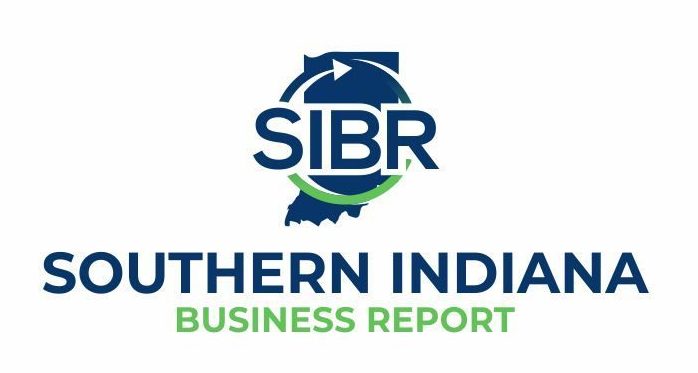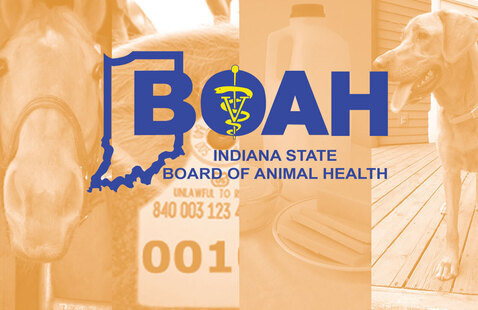Southern Indiana Business Report
DUBOIS COUNTY — The Indiana State Board of Animal Health (BOAH) has been notified by the U.S. Department of Agriculture’s National Veterinary Services Laboratory that poultry from a commercial turkey farm in Dubois County has tested positive for highly pathogenic H5N1 avian influenza. This incident marks the first case of highly pathogenic avian influenza (HPAI) in Indiana in 2022 and the first case in commercial poultry nationally since 2020. The last significant finding of HPAI in Indiana was also in Dubois County in 2016, when 11 poultry farms were affected by the H7N8 strain of the disease that resulted in a loss of more than 400,000 birds.
According to BOAH, the current situation involves 29,000 commercial turkeys and depopulation is ongoing.
Avian influenza does not present a food safety risk; poultry and eggs are safe to eat when handled and cooked properly. No human cases of avian influenza viruses have been detected in the United States.
A veterinarian delivered samples from the flock to the Indiana Animal Disease Diagnostic Laboratory at Purdue University for testing after approximately one hundred birds died. The farm is under quarantine. BOAH is actively working with the industry to increase monitoring of flocks statewide.
Indiana’s poultry industry ranks third nationally in turkey production, first in duck production, second in table eggs and egg‐laying chickens, and is a significant producer of broiler chickens. The poultry industry employs
more than 14,000 Hoosiers and is valued at $2.5 billion.
Reporting
Hobby poultry owners are encouraged to practice good biosecurity and be aware of the signs of avian influenza and report illness and/or death to the USDA Healthy Birds Hotline: 866‐536‐7593. Callers will be routed to a state or federal veterinarian in Indiana for a case assessment. Dead birds should be double‐bagged and refrigerated for possible testing.
Signs include: sudden death without clinical signs; lack of energy or appetite; decreased egg production; soft‐shelled or misshapen eggs; swelling or purple discoloration of head, eyelids, comb, hocks; nasal discharge; coughing; sneezing; incoordination; and diarrhea. A resource for backyard bird health information is online here.
Updates and information
Situation updates and status reports about ongoing avian influenza activities in Indiana, along with critical disease‐related information, will be posted online here.
Users may subscribe to email and/or text message updates on a link at the top of that page.



